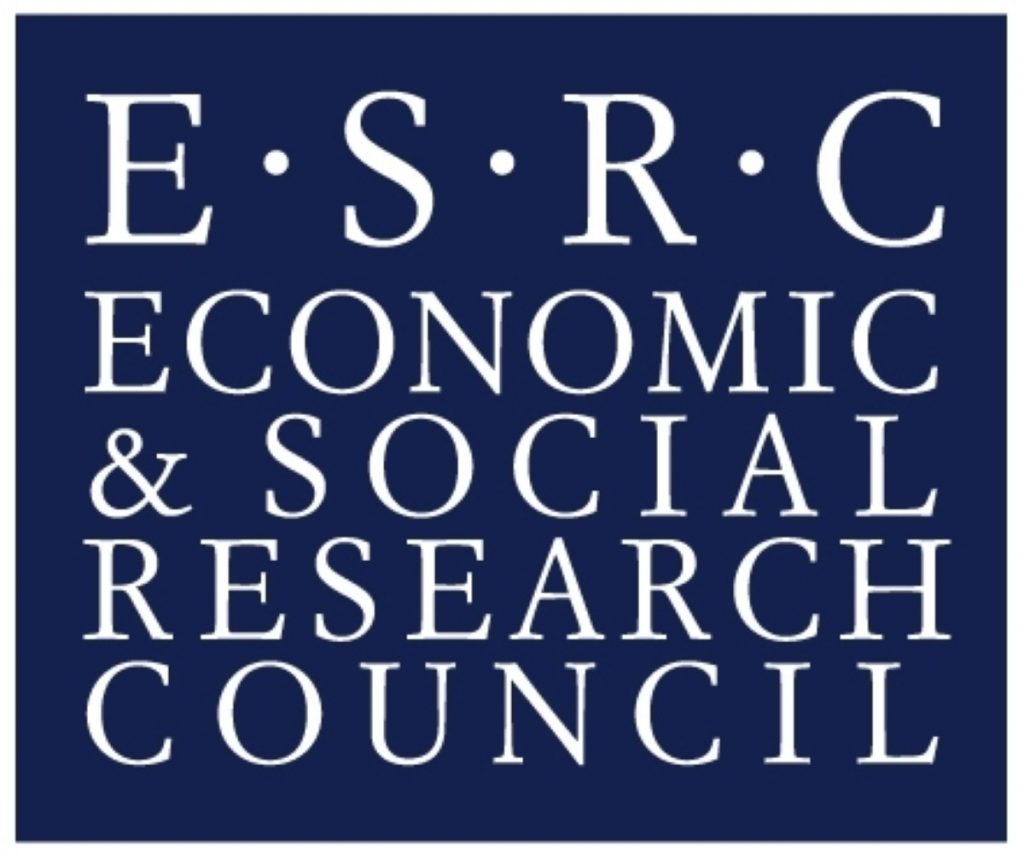ESRC: Festival of Social Science: Conventional police interview techniques are not effective for people with autism
Date: 4th November 2014
Time: 10.00 – 16.00hrs
Location: Bath
Police find interviewing and interacting with witnesses and suspects with autism a real challenge, a study has revealed – highlighting that the ways officers have been taught to interview are at odds with what is needed in these situations. Existing interview techniques tend to focus on open questions, only later narrowing down to closed questions, but research shows that people with autism may need focused questions from the outset.
The Economic and Social Research Council (ESRC)-funded research studied what does, and does not, work when police interview people with autism. The researchers – Dr Katie Maras, University of Bath, and Dr Laura Crane, City University London – are calling for better training of police and criminal justice professionals as, at present in the UK, these groups currently have no standard compulsory training about autism.
“Laura Crane and I have heard of many cases where problems have arisen because police and other criminal justice professionals know very little about autism,” says Dr Maras. “Research in this area is still in its infancy, but it’s steadily accumulating. There’s a crucial need to get findings to practitioners to help them obtain the best evidence possible from people with autism.”
More than 400 UK frontline and investigative police officers holding a variety of ranks provided information for the study. They spoke of the difficulties and challenges they encounter when obtaining written, oral and identification evidence. Officers reported, for example, finding it hard to build rapport with people with autism, which usually plays an important part in interviews. They also described difficulties in arranging a suitable environment for interviews.
“Police stations tend to be noisy with bright or flickering lighting and strange smells,” says Dr Maras. ‘But people with autism are often sensitive to sensory input and as a result they can struggle to maintain concentration in interviews.’
Over 600,000 people in the UK have autism, many of whom will come into contact with the police at some point in their lives. Poor social-communication skills can make them vulnerable when involved with the Criminal Justice System as a victim, witness or suspect. Individuals with autism process memories in a different way from other people, which can lead to misunderstandings.
During the study, officers also answered questions about existing interview practices that they considered worked well, and were asked what could be done to develop understanding and skills. The researchers found examples of excellent practice, especially among police officers who were able to draw on their personal experience of the disorder through familiarity with a family member or colleague with autism.
On a further positive note, related research shows that there are simple and effective strategies that can enhance the evidence that people with autism give and improve their credibility as witnesses. For example, providing information about a witness’s diagnosis can improve his or her perceived credibility; unusual and stereotyped behaviours can be attributed to autism – rather than a lack of credibility.
At an event for police officers entitled ‘Experiences of autism and policing’, Drs Maras and Crane will lead a research-based training workshop that aims to improve practices. It takes place on 4 November as part of the ESRC's flagship annual Festival of Social Science.
For further information contact:
· Dr Katie Maras
Email: k.l.maras@bath.ac.uk
Telephone: 01225 383137
ESRC Press Office:
· Aaron Boardley
Email: Aaron.Boardley@esrc.ac.uk
Telephone: 01793 413122
· Susie Watts
Email: Susie.Watts@esrc.ac.uk
Telephone: 01793 413119
NOTES FOR EDITORS
1. Event: Experiences of Autism and Policing
Location: Hilton Bath City, Walcot Street, Bath, BA1 5BJ
Date: 4 November 2014, 10.00 – 16.00
Places are limited. Registration by invitation only.
2. The 12th annual Festival of Social Science takes place from 1-8 November 2014 with over 200 free events nationwide. Run by the Economic and Social Research Council, the Festival provides an opportunity for anyone to meet with some of the country’s leading social scientists and discover, discuss and debate the role that research plays in everyday life. With a whole range of creative and engaging events there’s something for everyone including businesses, charities, schools and government agencies. A full programme is available at www.esrc.ac.uk/festival. You can also join the discussion on Twitter using #esrcfestival.
3. The Economic and Social Research Council (ESRC) funds research into the big social and economic questions facing us today. We also develop and train the UK’s future social scientists. Our research informs public policies and helps make businesses, voluntary bodies and other organisations more effective. Most importantly, it makes a real difference to all our lives. The ESRC is an independent organisation, established by Royal Charter in 1965, and funded mainly by the Government. In 2015 the ESRC celebrates its 50th anniversary. www.esrc.ac.uk.





-01.png)